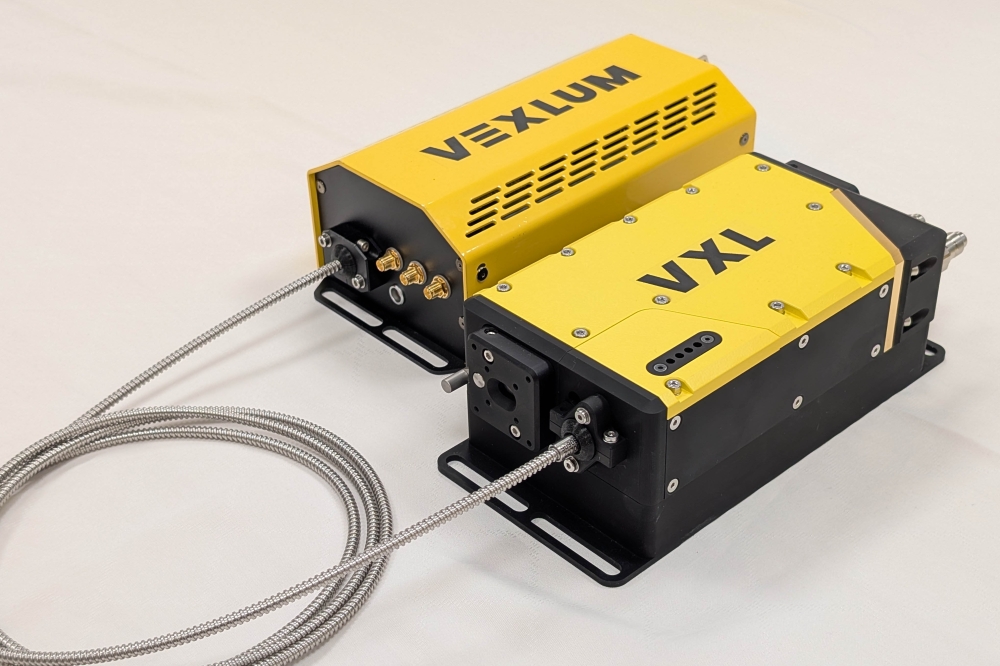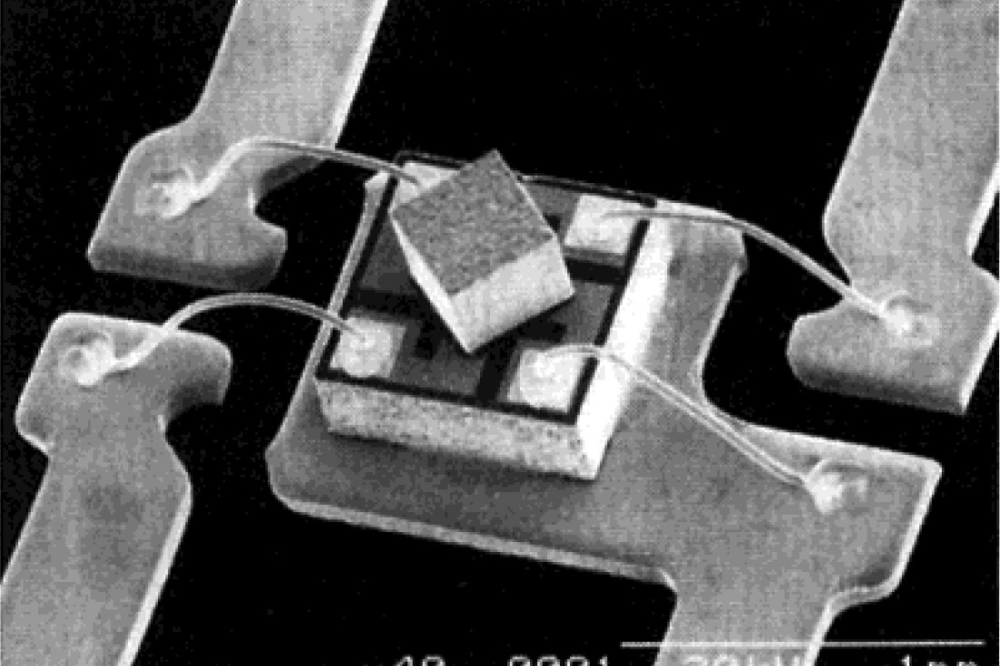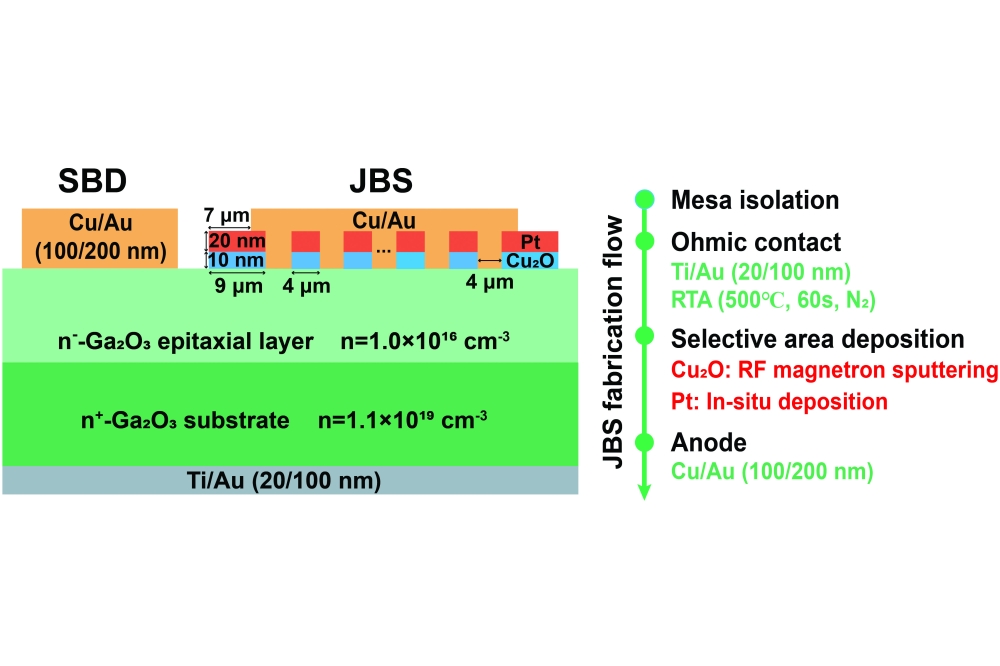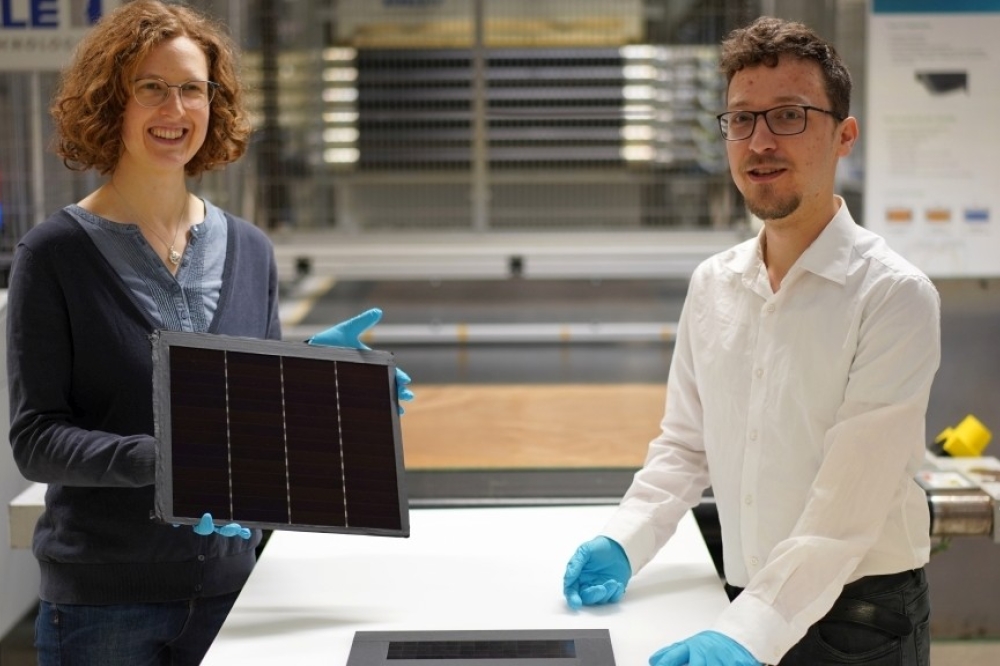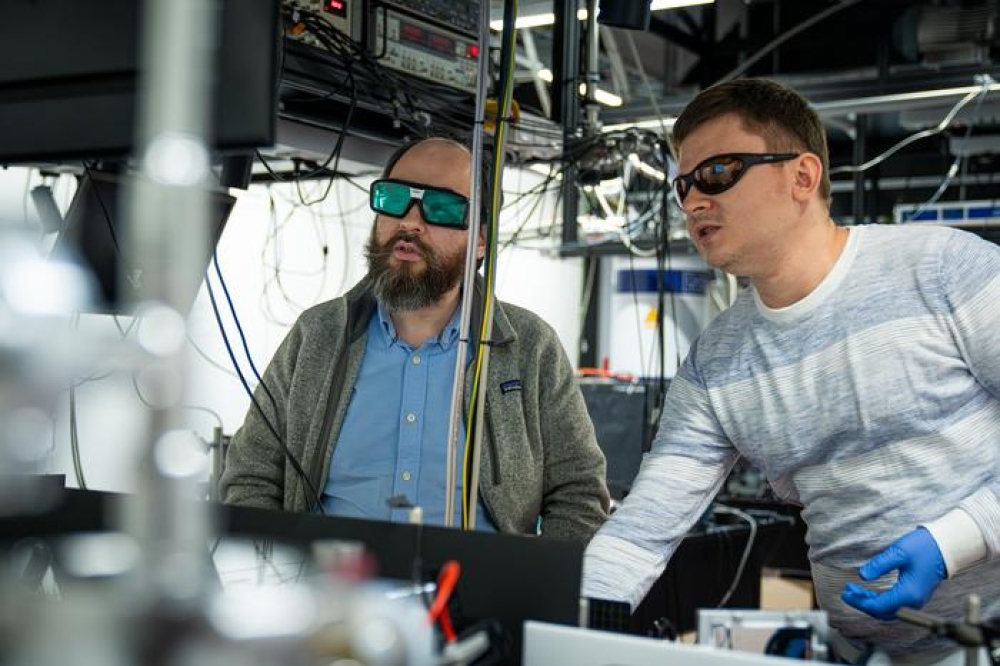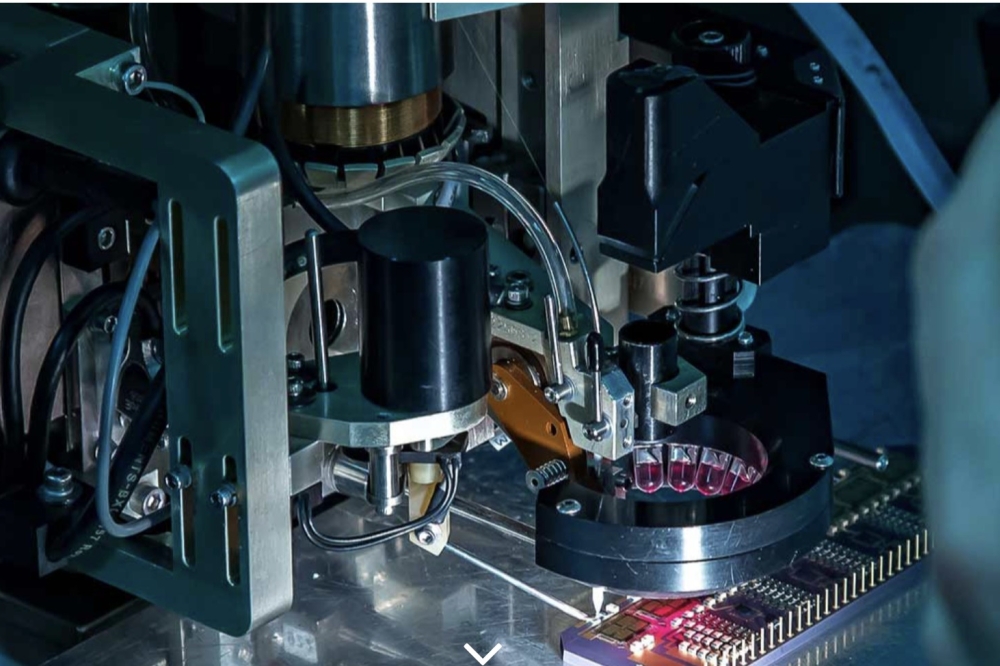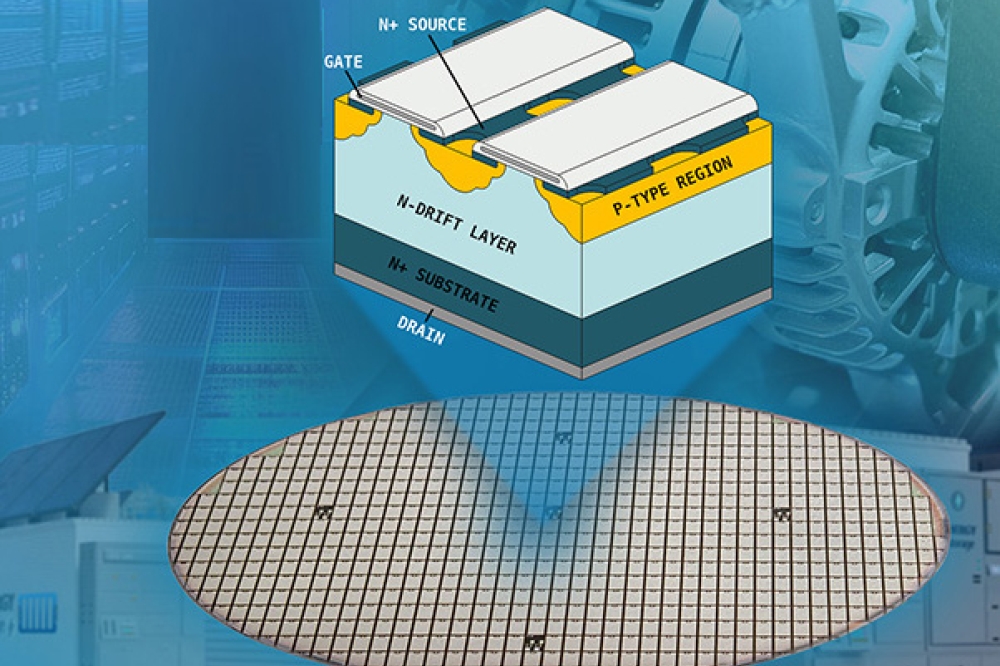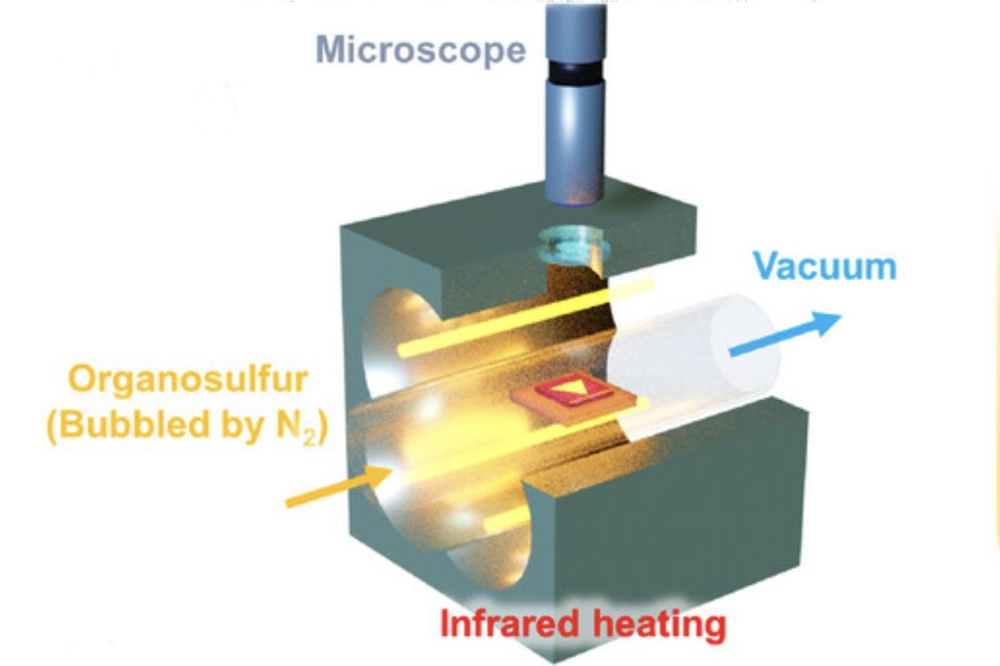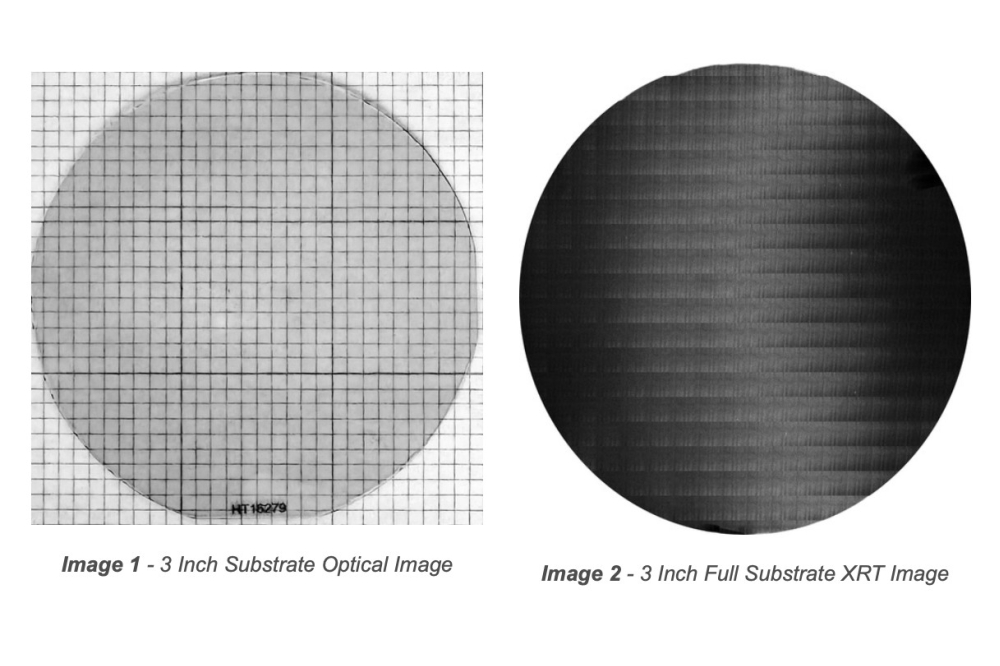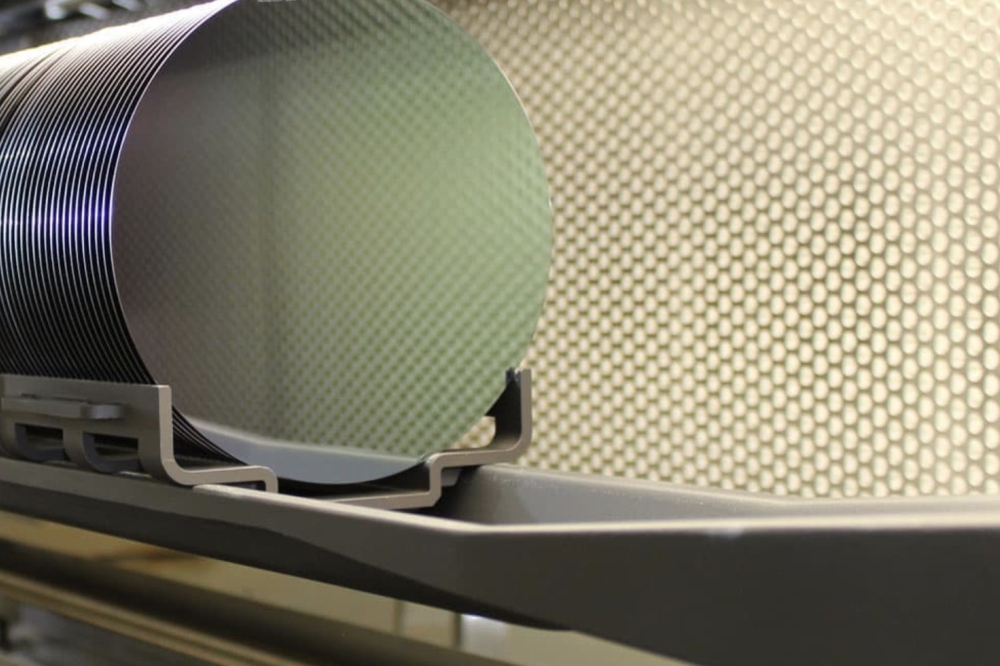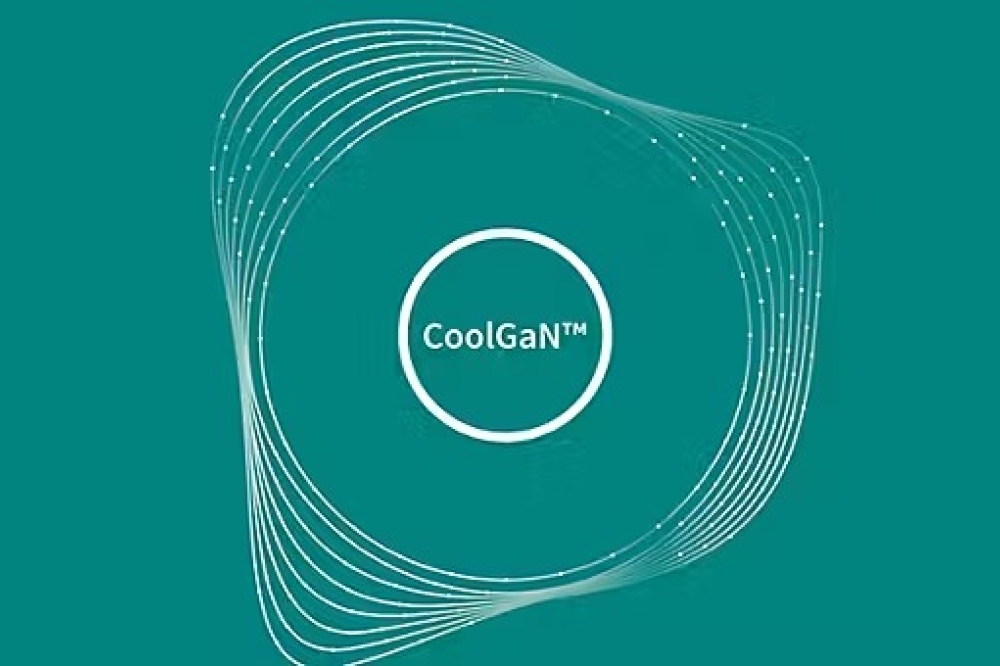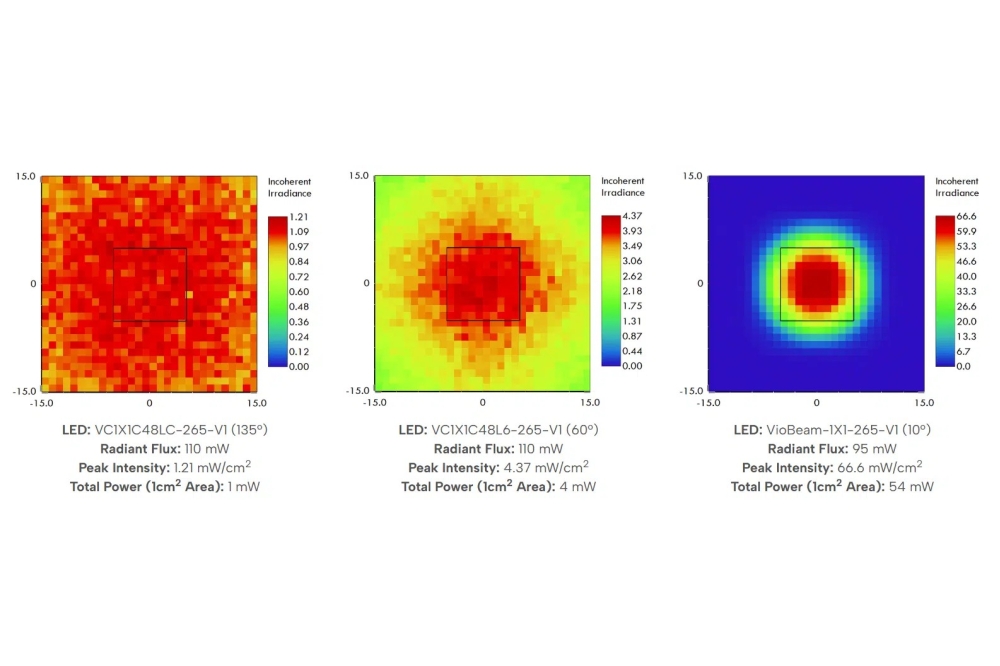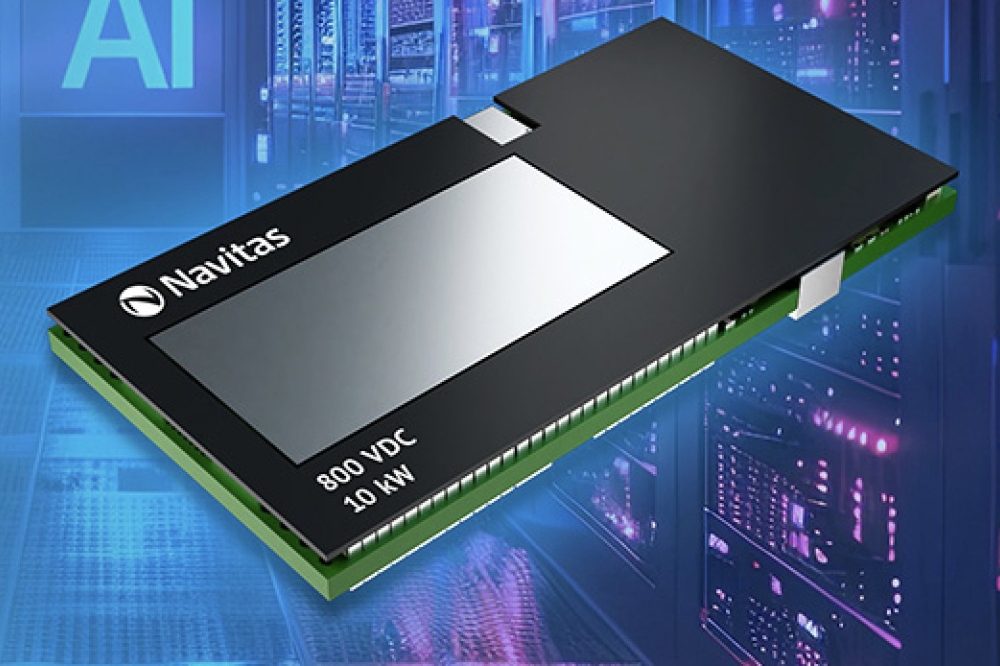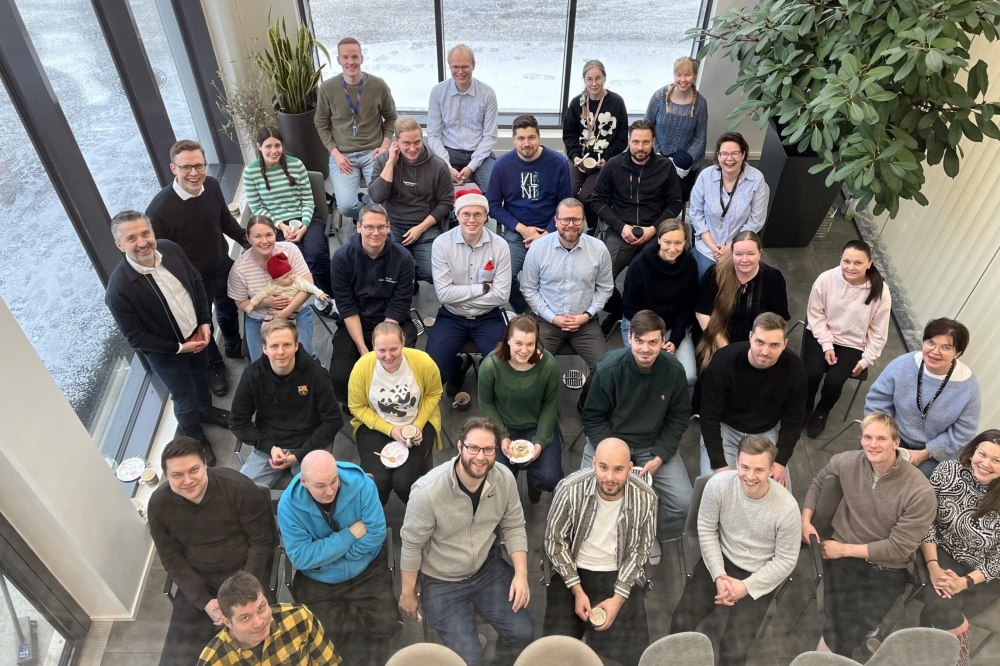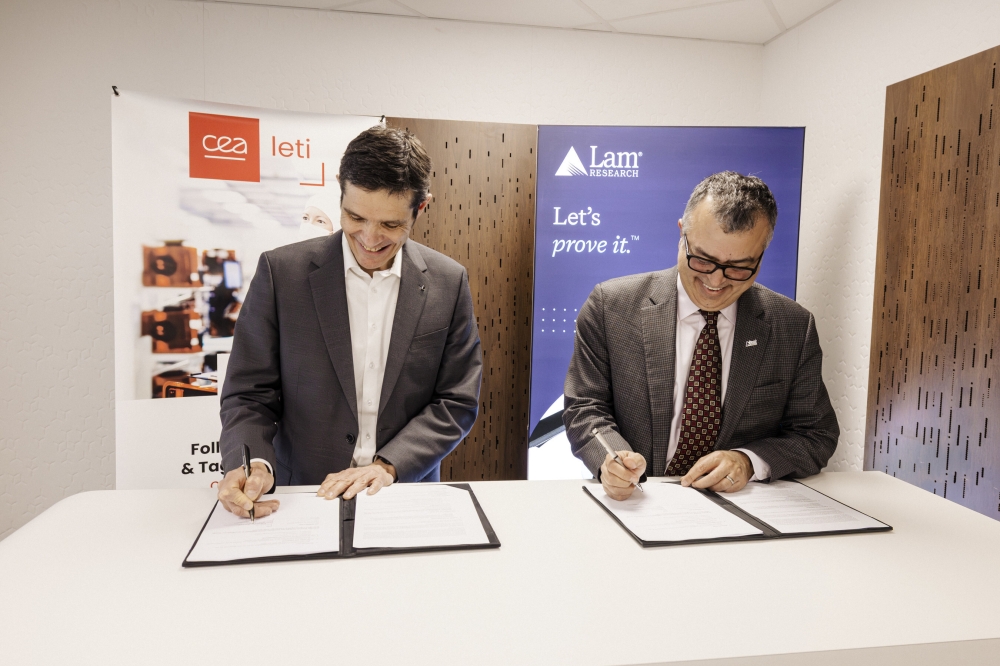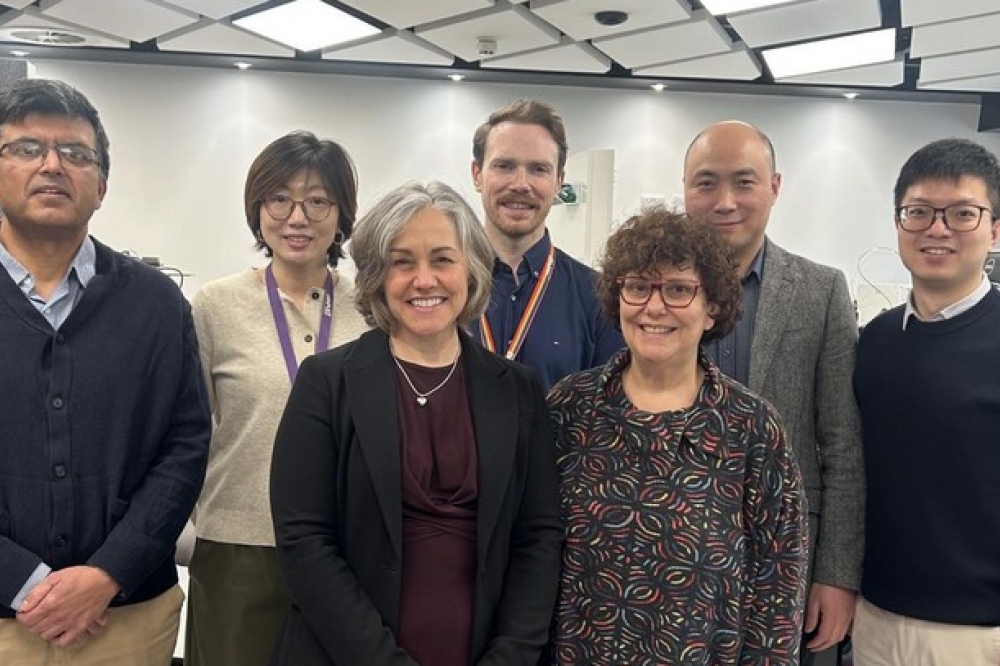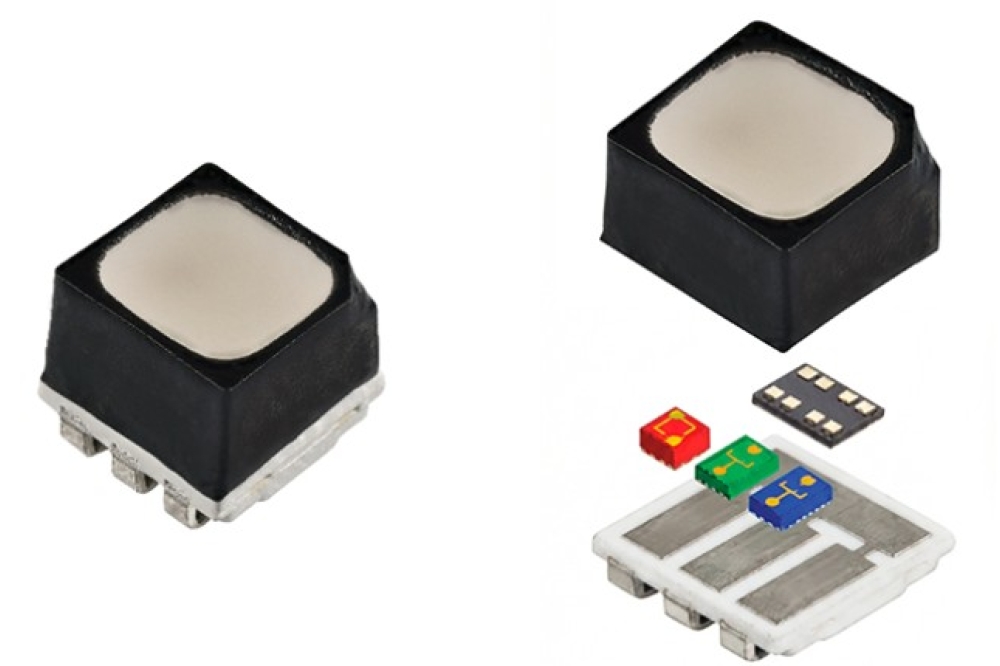$70m CHIPS support for Macom fabs?
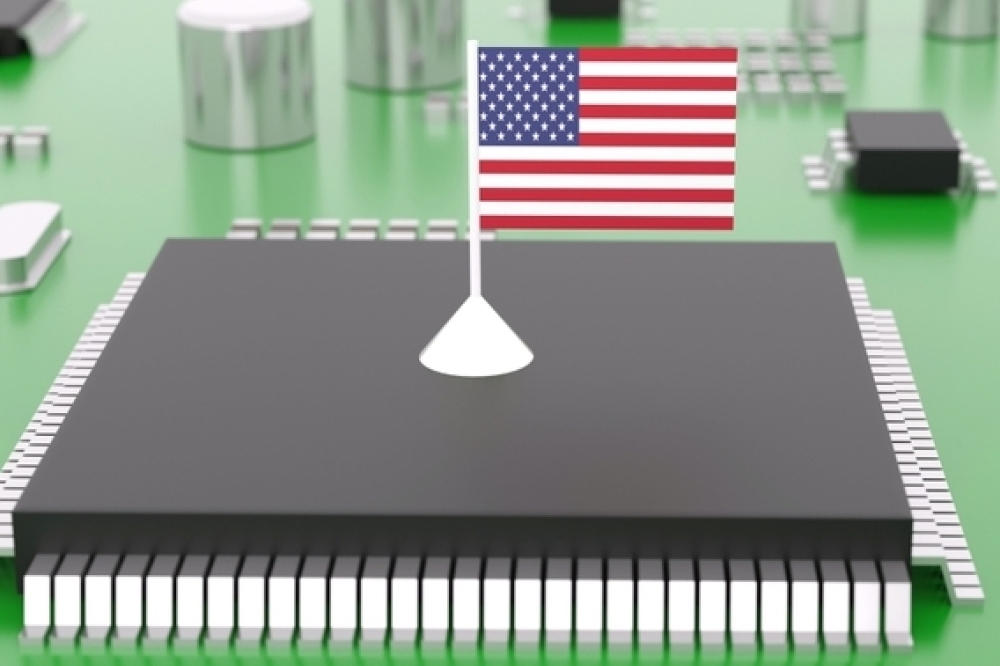
The US Department of Commerce has signed a preliminary memorandum of terms with Macom Technology to provide up to $70 million in proposed direct funding under the CHIPS and Science Act.
The funding would support the expansion and modernisation of Macom’s facilities in Lowell, Massachusetts, and Durham, North Carolina, and would create up to 350 manufacturing jobs and nearly 60 construction jobs across both states.
Both facilities are Category 1A Trusted Foundries with the US Department of Defense (DoD) and produce compound semiconductors that are important to the proper functioning of defence systems operating at high frequencies, including airborne and ground-based radar systems, as well as commercial applications such as telecommunications.
The proposed projects would increase production of existing 100mm GaN and GaAs semiconductor fabrication and introduce production of 150mm GaN. The added manufacturing capacity would also help support future DoD and industrial base demand for RF and microwave GaN technology.
“Today’s announcement showcases how the CHIPS and Science Act is enabling the United States to develop the most advanced technologies while protecting our national security and bringing economic opportunity to communities throughout the country,” said National Economic Advisory Lael Brainard.
CHIPS for America has awarded over $33 billion of the over $36 billion in proposed incentives funding allocated to date. These announcements across 22 states are expected to create over 125,000 jobs. Since the beginning of the Biden-Harris Administration, semiconductor and electronics companies have announced nearly $450 billion in private investments, catalysed in large part by public investment.

